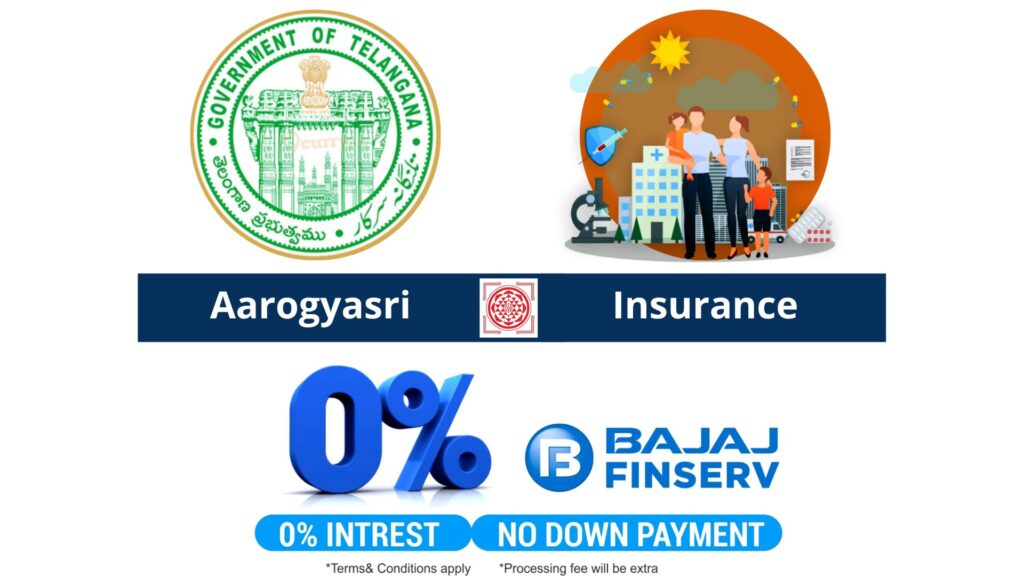
overview
Supraventricular tachycardia (SVT), also called paroxysmal supraventricular tachycardia, is defined as an abnormally fast heartbeat. It is a broad term that encompasses many forms of heart rhythm problems (arrhythmias) that occur above the ventricles (supraventricular) in the atria or in the AV node.Supraventricular tachycardia Treatment Hyderabad
- A normal heart rate is 60 to 100 beats per minute. A heart rate of more than 100 beats per minute is known as tachycardia (tak-ih-KAHR-dee-uh). It happens when the electrical impulses that coordinate your heartbeat aren’t working properly. It may sound like a pounding or pounding heart.
- Most people with infrequent episodes of supraventricular tachycardia live healthy lives with no restrictions or intervention. For others, changes in treatment and lifestyle can often control or eliminate the rapid heartbeat.
symptom
Supraventricular tachycardia becomes a problem if it occurs frequently and persists, especially if you have heart damage or other co-existing medical problems.Supraventricular tachycardia Treatment Hyderabad
The signs and symptoms of supraventricular tachycardia can include:
- A punch in your chest
- Fast heartbeat (palpitations)
- shortness of breath
- Dizziness or lightheadedness
- Sweat
- A throbbing sensation in the neck
- Fainting (syncope) or near fainting
The reasons
In some people, an episode of supraventricular tachycardia is associated with an obvious trigger, such as: B. psychological stress, lack of sleep or physical activity. For others, there may be no discernible trigger. Some of the things that can lead to or cause an episode include:
- Heart defect
- Thyroid disease
- Heart disease
- Chronic lung disease
- Smoke
- Drink too much alcohol
- Consume too much caffeine
- Drug use such as cocaine and methamphetamines
- Certain medications, including asthma medications and over-the-counter cold and allergy medications
- surgery
- pregnancy
Risk factors
Supraventricular tachycardia is the most common type of arrhythmia in infants and children. It is also twice as likely to occur in women, especially pregnant women, although it can occur in either sex.Supraventricular tachycardia Treatment Hyderabad
Other factors that can increase your risk of supraventricular tachycardia include:
- Age. Some types of supraventricular tachycardia are more common in middle-aged or elderly people.
- Coronary artery disease, other heart problems, and previous heart surgeries. Narrowed heart arteries, a heart attack, abnormal heart valves, previous heart surgery, heart failure, cardiomyopathy, and other heart damage increase the risk of developing supraventricular tachycardia.
- Congenital heart defects. Birth with a heart defect can affect your heart rate.
- Thyroid problems. An overactive or underactive thyroid can increase the risk of supraventricular tachycardia.
prevention
To avoid a supraventricular tachycardia episode, it is important to know what is triggering the episodes and try to avoid them. You might want to try:Supraventricular tachycardia Treatment Hyderabad
- Eat heart healthy food
- Increase your physical activity
- Avoid smoking
- Maintain a healthy weight
- Limit or avoid alcohol
- Reduce stress
- Take a rest

